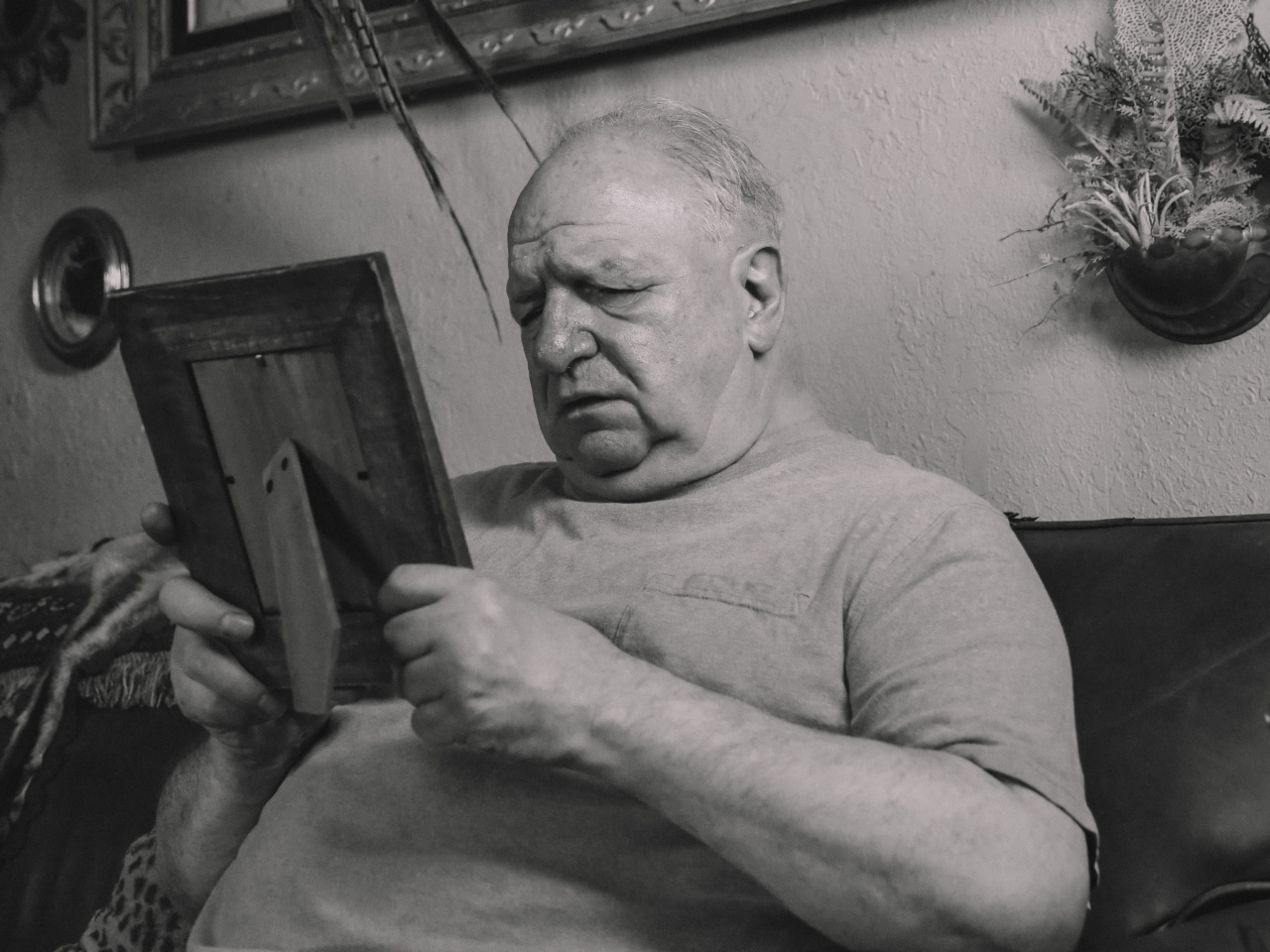Male orgasm problems, also known as male orgasmic disorder or delayed ejaculation, refer to the difficulty or inability for a man to achieve orgasm and ejaculation, despite sexual stimulation.
This can lead to frustration and dissatisfaction for both the individual and their partner. In this article, we will explore the causes, symptoms, and potential treatments for male orgasm problems.
Causes of Male Orgasm Problems
There are various factors that can contribute to male orgasm problems. These can be psychological or physical in nature:.
Psychological Causes
1. Performance Anxiety: The fear of not being able to satisfy their partner or perform well sexually can create stress and hinder orgasm.
2. Relationship Issues: Poor communication, unresolved conflicts, or emotional distance within a relationship can affect sexual satisfaction and orgasm.
3. Stress and Fatigue: High-stress levels and exhaustion can impact sexual desire and hinder the ability to reach orgasm.
4. Depression and Anxiety: Mental health conditions can interfere with sexual function and lead to orgasm problems.
5. History of Sexual Abuse: Traumatic experiences can affect sexual functioning and lead to difficulties in achieving orgasm.
Physical Causes
1. Medications: Certain medications, such as antidepressants or blood pressure medications, can reduce sexual desire and delay orgasm.
2. Hormonal Imbalance: Low testosterone levels or imbalances in other hormones can impact sexual function.
3. Nerve Damage: Conditions such as diabetes or spinal cord injuries can damage the nerves involved in sexual response.
4. Surgery or Injury: Pelvic surgery or injury to the genitals can affect orgasmic function.
5. Aging: As men age, changes in their bodies can affect sexual response and lead to orgasm problems.
Symptoms of Male Orgasm Problems
The main symptom of male orgasm problems is the inability to reach orgasm and ejaculate, despite sufficient sexual stimulation. Additional symptoms may include:.
1. Delayed Ejaculation:
The delay in achieving orgasm can range from a few minutes to hours, or it may not occur at all.
2. Reduced Intensity:
The orgasm may feel less intense or pleasurable compared to what the individual has experienced in the past.
3. Frustration and Distress:
Repeated inability to achieve orgasm can lead to frustration, stress, and negative emotions.
Treatments for Male Orgasm Problems
The treatment for male orgasm problems depends on the underlying cause. Here are some potential approaches:.
1. Psychotherapy:
Talking to a therapist can help address any psychological factors contributing to orgasm problems, such as performance anxiety or relationship issues.
2. Medication Adjustment:
If the problem is related to medication, a doctor may adjust the dosage or switch to an alternative that has fewer sexual side effects.
3. Hormone Therapy:
If a hormonal imbalance is the cause, hormone replacement therapy may be recommended to restore normal levels.
4. Couples Therapy:
Working with a therapist together can help improve communication, resolve conflicts, and enhance intimacy, leading to better sexual satisfaction.
5. Sexual Techniques:
Exploring different sexual techniques and methods of stimulation, such as using vibrators or incorporating fantasy play, can help overcome orgasm problems.
Conclusion
Male orgasm problems can be distressing for individuals and their partners, but understanding the causes and available treatments can provide hope for improvement.
Whether the issue is psychological or physical, seeking professional help and open communication are key in addressing and overcoming male orgasm problems.




























